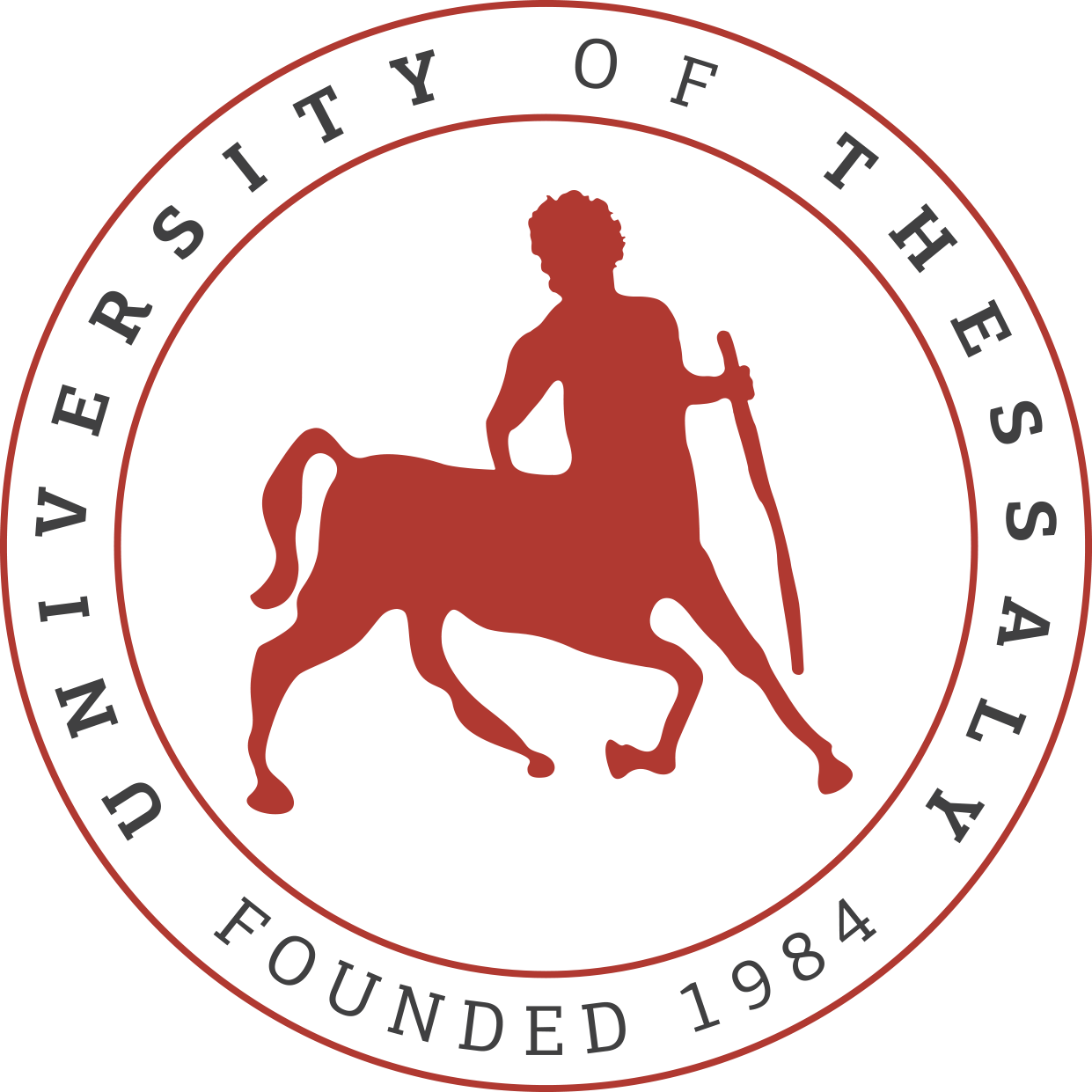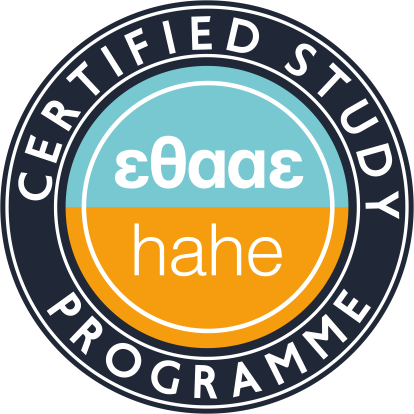Science Concepts and Science Education
Course Code (in greek): ΘΠ0320
ECTS Units: 6
Semester: 3, 4
Professor: Ampatzidis Georgios
Course description
The course focuses on the development of children’s knowledge about the natural world. Fundamental concepts of science education are presented and explained, including children’s early conceptions of scientific entities and phenomena and their role in teaching and learning; the constructivist model of science teaching; the role of analogical reasoning and cognitive conflict as teaching tools; and the development of scientific thinking competencies. Teaching activities and strategies about specific science concepts and phenomena are designed, analyzed and evaluated.Developing and using principles for designing science activities for preschool education. More particularly, the course aims at: (a) familiarizing students with basic scientific concepts and phenomena; (b) indicating the importance of children’s pre-existing conceptions in teaching and learning science; (c) introducing central theoretical concepts and tools related to science education; and (d) link the science education theoretical principles with teaching practice.
Learning outcomes
During the course students are expected to
- understand the subject and the theoretical underpinnings of science education and its particularities in the context of early childhood education
- appreciate their new role as teachers when implementing science teaching activities
- locate the crucial differences between children’s and scientific thinking
- acknowledge the relevance of children’s conceptions and their implications for science teaching and learning
- comprehend the basic principles for designing science activities and the related teaching tools
- apply the abovementioned principles in implementing science teaching activities for young children.
Assessment
Course assessment involves a final written exam and a short presentation.


